Why Can’t I Orgasm? 6 Causes and How to Work Through Them, According to a Sex Therapist Turned Neuroscientist
All products featured on Glamour are independently selected by Glamour editors. However, when you buy something through our retail links, Condé Nast may earn an affiliate commission.

bombardir / Getty Images / Clara Hendler
In my practice as a certified sex therapist and in my work as a neuroscientist studying pleasure, there’s one question I hear a lot: Why can’t I orgasm?
Having a regular stream of orgasms isn’t just about having a good sex life; it’s about prioritizing pleasure—something that’s beneficial for our brains and bodies, as I discuss here in my Ask Dr. Nan column and in my book Why Good Sex Matters.
In past columns we have explored what an orgasm is and how it feels, as well as various types of orgasm (clitoral, nipple, and vaginal/cervical). This time, we'll address one of the most urgent and common of concerns for which clients seek my services—usually expressed with a little embarrassment: “Why can’t I orgasm?”
Getting reliable data about how many women suffer from orgasmic dysfunction, which is how difficulty having an orgasm is generally described, isn’t easy. There’s big variability in how dysfunction is defined, how questions are phrased, who is sampled, and other technical issues too boring to discuss, but recent data indicate that 16% to 25% of women in places like the U.S., Australia, Canada, and Sweden, report these challenges. In other countries where cultural attitudes about sex are more negative, rates are significantly higher. (A whopping 74% of women in Ghana report orgasmic dysfunction, for example.)
All products featured on Glamour are independently selected by Glamour editors. However, when you buy something through our retail links, Condé Nast may earn an affiliate commission.
Good Sex
Plus, tips straight from the experts.
“Anorgasmia,” as it’s scientifically referred to, can be situational. You may be able to orgasm during certain circumstances—for example, when masturbating alone but not when your partner is present, or not during sexual intercourse. That’s pretty common, actually. “Mild” anorgasmia like this has been reported to affect up to 60% of women.
So what can you do about it? Let’s dig into the common reasons women can’t orgasm—whether it’s a health condition, a lack of clitoral stimulation or foreplay, menopause, or some other factor—and how to address them.
1. You haven’t practiced.
In my clinical work, I’ve found that for women who’ve never ever had an orgasm, the most common cause is simply insufficient practice masturbating.
Orgasm isn’t just the result of a glass of nice wine, a little Marvin Gaye, and some fairy dust; it’s a learned skill. I’ve studied the sensory pathways from the genitals to the brain’s pleasure machinery—connecting and strengthening them is what makes orgasms possible and easier to access.
Males appear to have an easier time discovering how to masturbate to orgasm than females. This may be in part due to biology—an erect penis is hard to ignore—in combination with a culture that more readily accepts male masturbation as the norm. So it isn’t surprising that discovering our orgasm capacity may not be automatic for women.
The solution: If anorgasmia is persistent, masturbate. And while you are doing that, Kegel, Kegel, Kegel. Kegel practice can be the single most powerful tool in ramping up the female orgasm machinery. Helpful hint: Use a vibrator or sex toy (and don’t worry about diminishing your sensitivity—that’s a myth).
The Best Vibrators, Approved by Sex Toy Experts and Tested by *Glamour* Reviewers
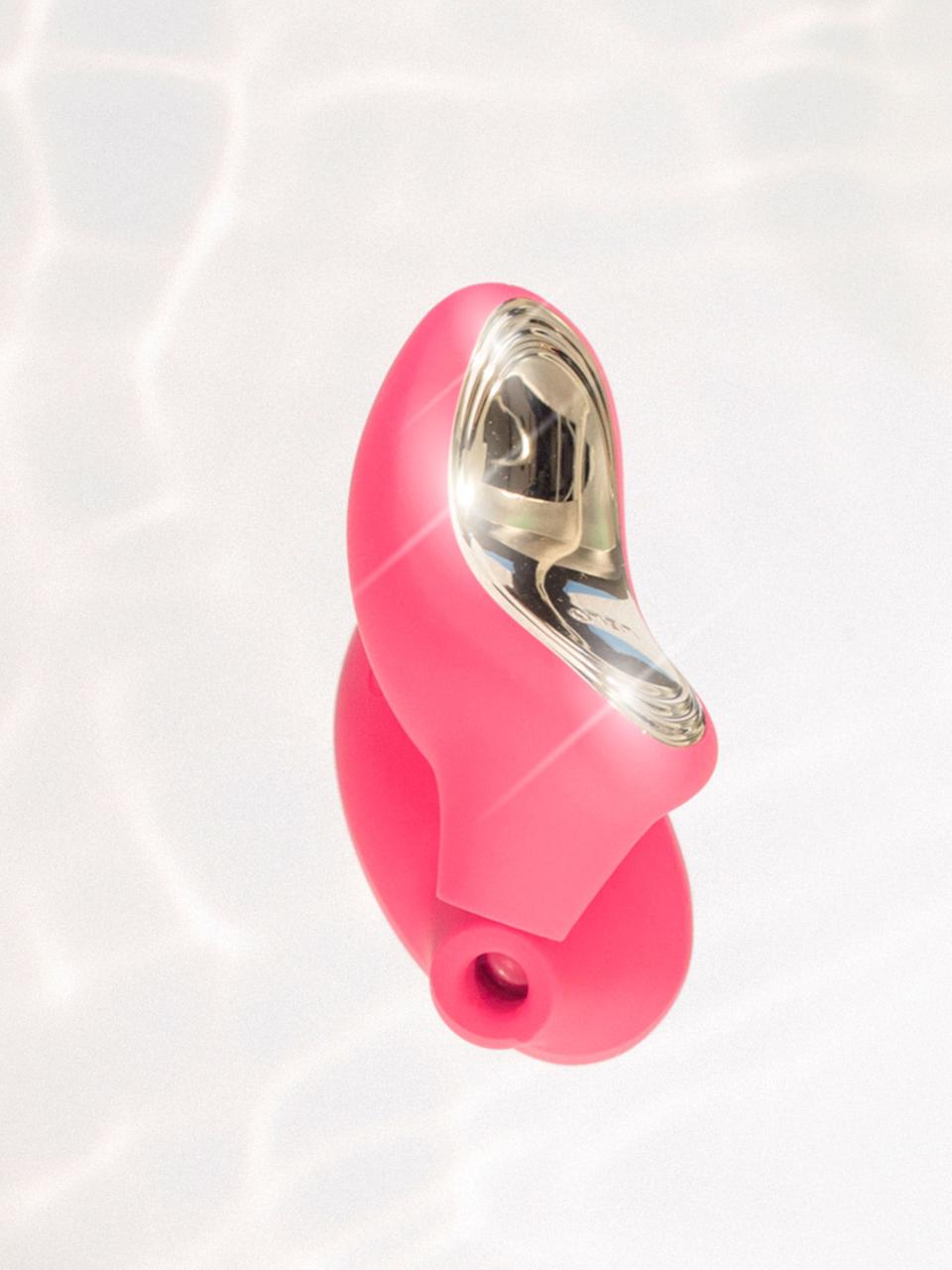
Lelo Sona 2 Cruise
$149.00, Lelo
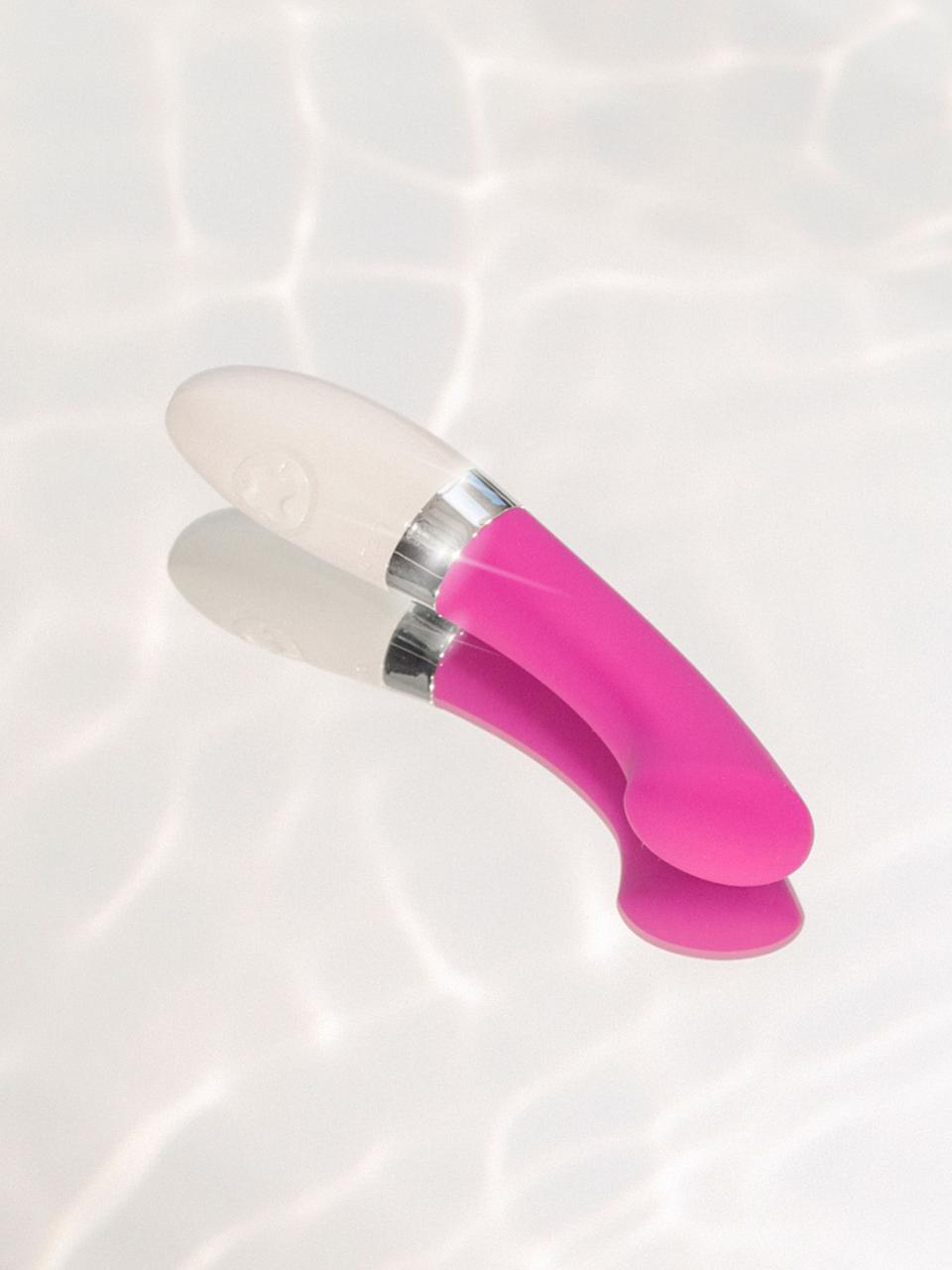
Lelo Gigi 2
$149.00, Lelo
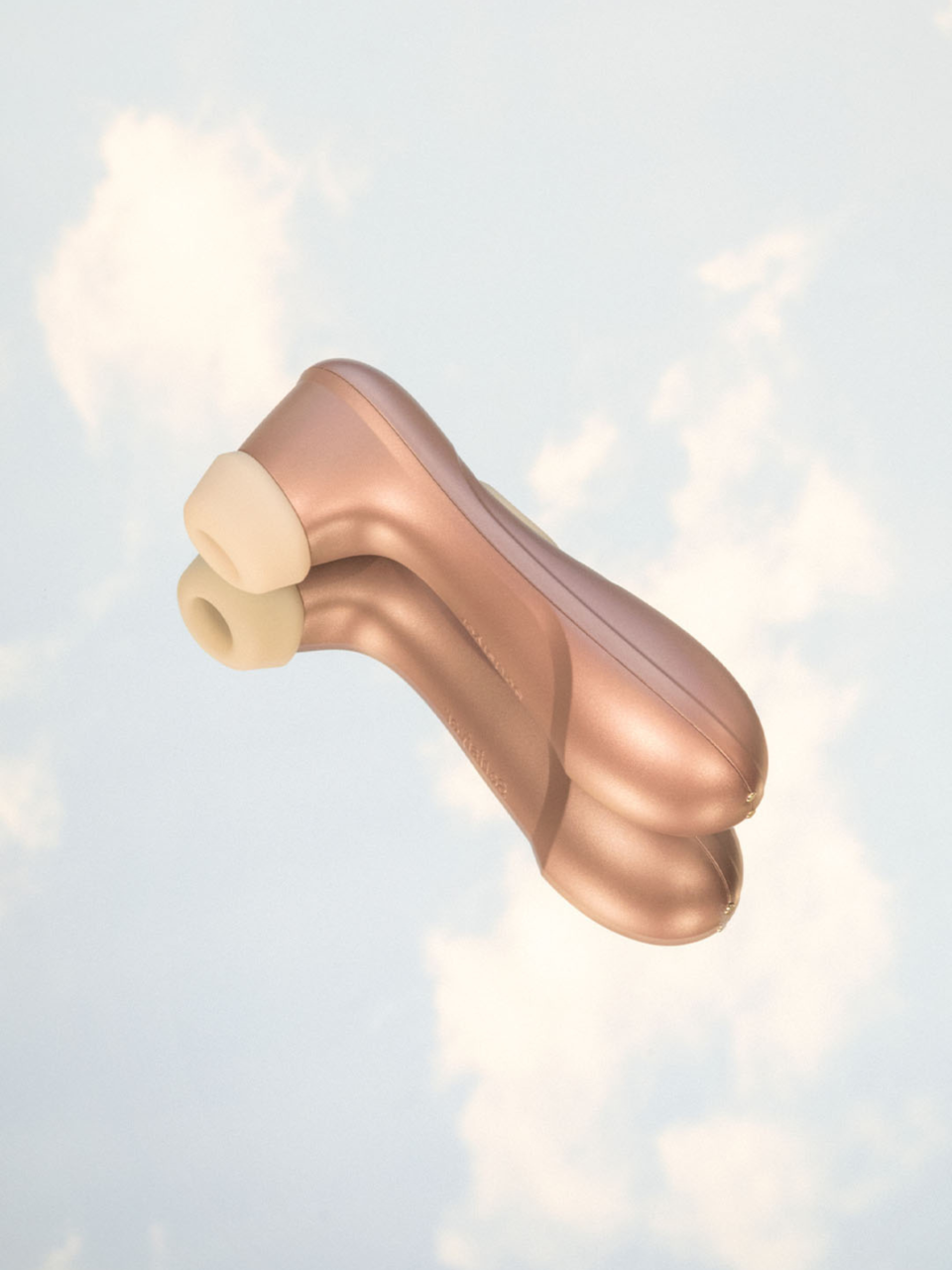
Satisfyer Pro 2 Generation 2
$50.00, Amazon
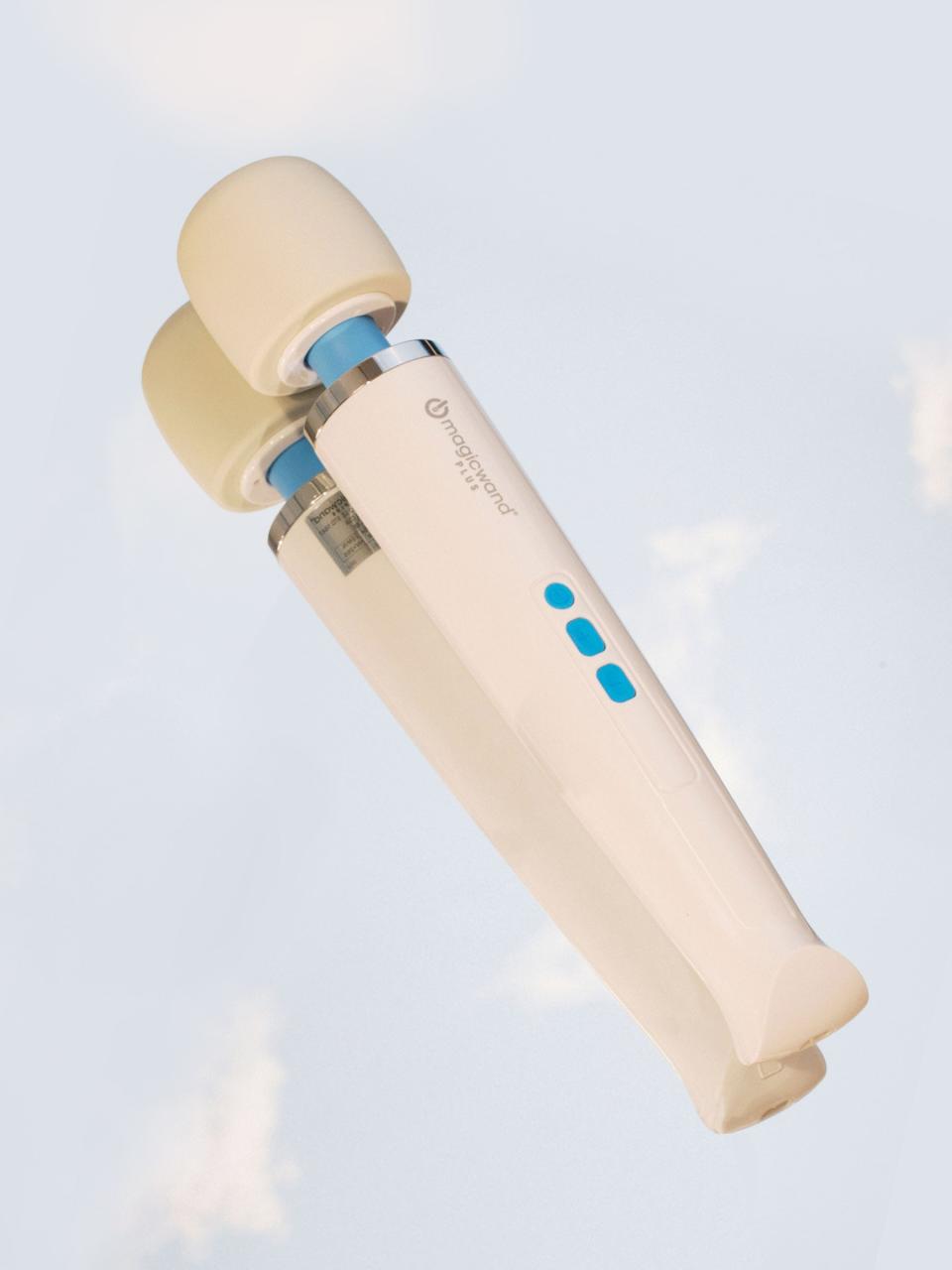
Magic Wand Rechargeable
$150.00, Lovehoney

Lelo Soraya 2
$229.00, Lelo
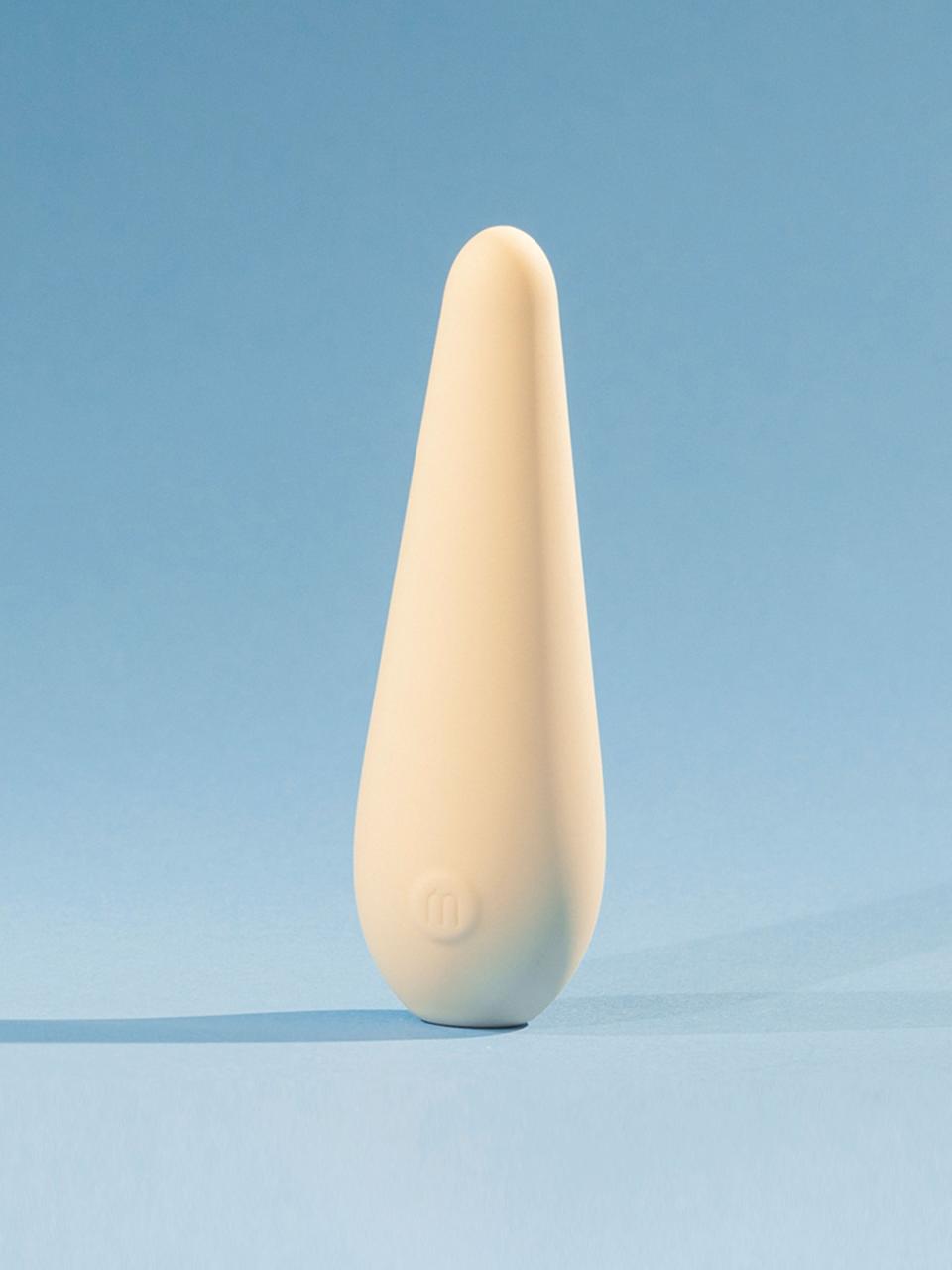
Maude Vibe
$49.00, Maude

Lelo Tor 3
$159.00, Lelo

We-Vibe Sync 2
$159.00, Lovehoney

Lelo Enigma Wave
$259.00, Lelo
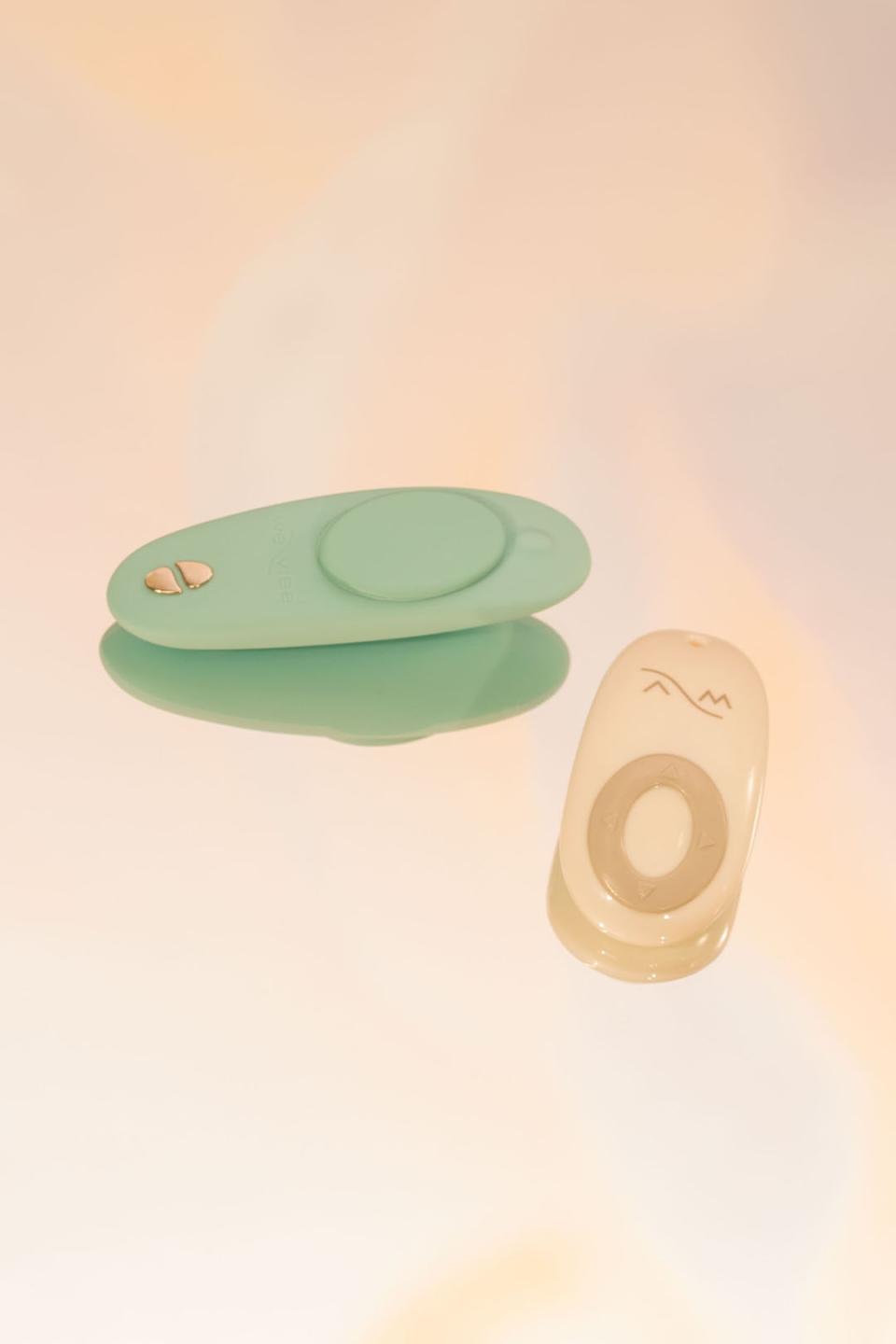
We-Vibe Moxie+
$129.00, We-Vibe
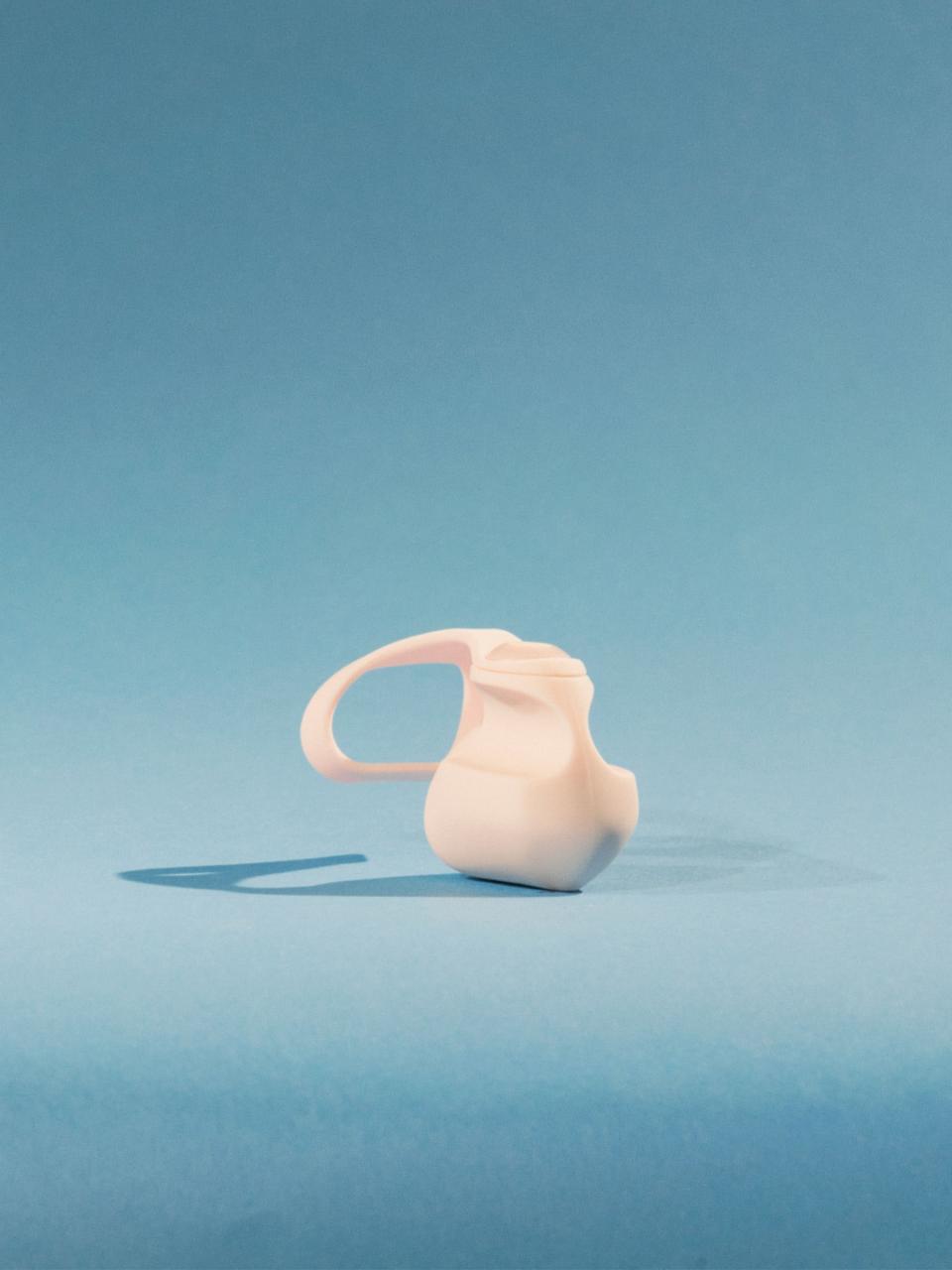
Dame Fin
$65.00, Dame

Dame Com
$89.00, Dame
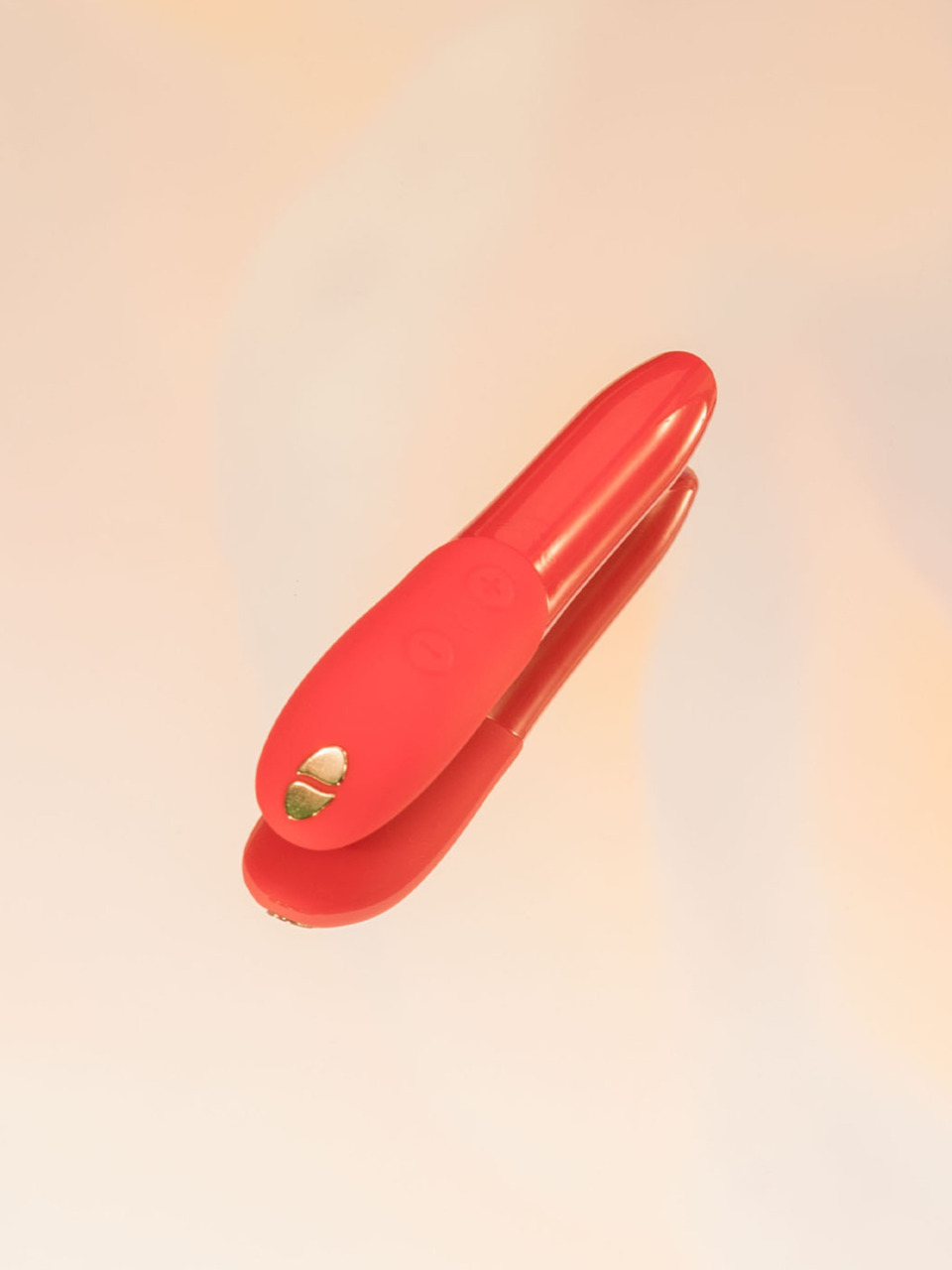
We-Vibe Tango X
$79.00, Lovehoney
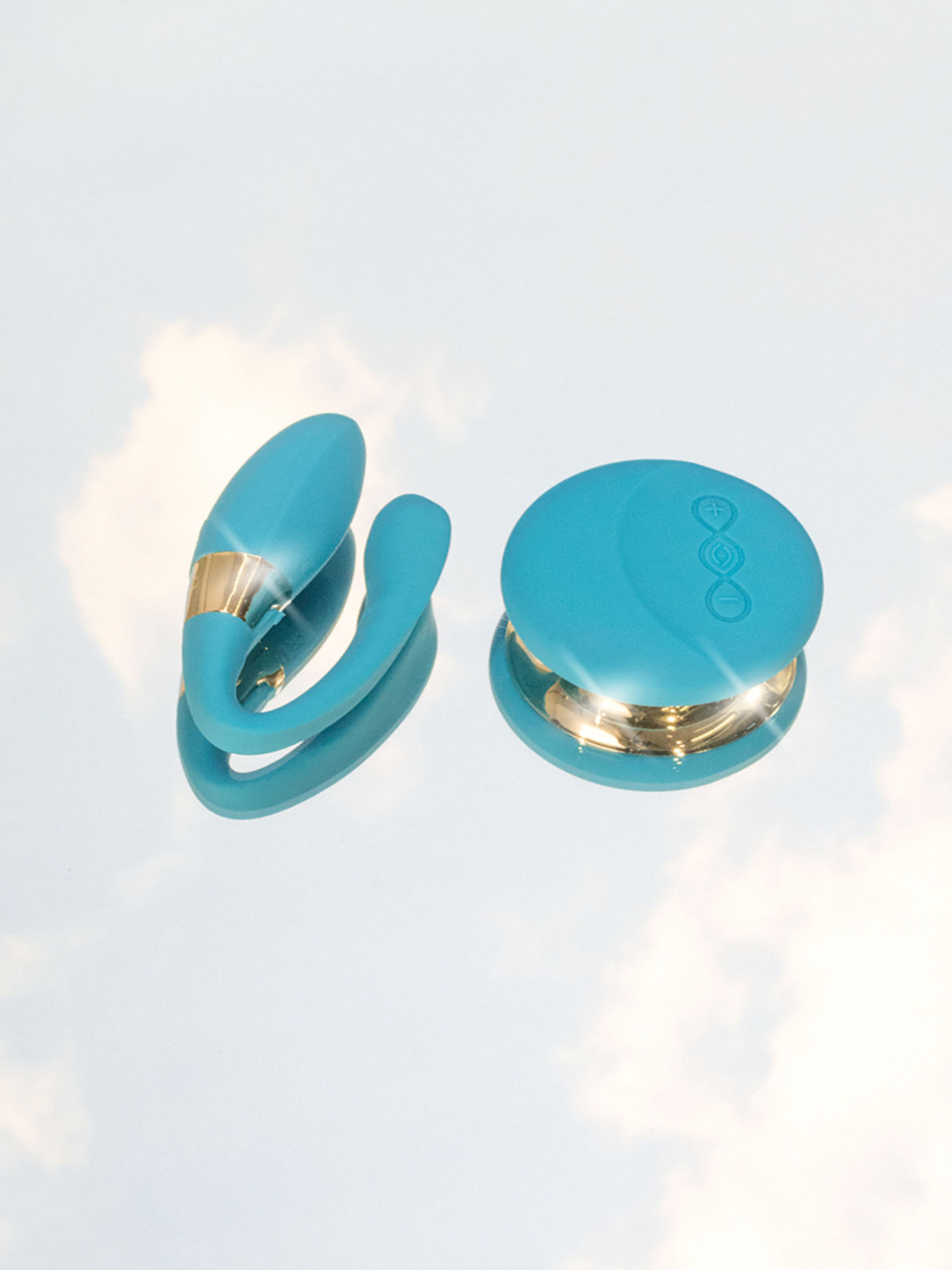
Lelo Tiani Duo
$199.00, Lelo

Crave Vesper 2
$98.00, Amazon
2. You’ve experienced sexual trauma or shame.
Our culture bombards us with conflicting and creepy messages about our sexuality: You should have a perfect body. You should be a sex object. You shouldn’t enjoy sex too much or have too many partners, because that makes you a slut.
Learning plays a big role in our sexual dysfunctions. No matter how sophisticated or sex positive the attitudes and beliefs at the top of your mind are, old sex-negative messages and experiences can trigger defenses and prevent us from letting go into the experience.
Beyond cultural programming, sexual abuse or traumatic experiences related to our sexuality can shut down our ability to relax into sensations and feel comfortable with and entitled to having sexual pleasure.
The trauma needn’t be extreme to imprint us with a blockage to letting go into the release of orgasmic delights. For example, a client of mine struggled with the ability to orgasm for years that stemmed from something that happened when she was a kid. While taking a bath, her mom walked in and saw her touching her genitals when the soap slipped between her legs and yelled in an uncharacteristically harsh way. Put that together with a Catholic school education, and what you got was a big, fat orgasm blockage.
The solution: If you have been shamed about sex or have traumas big or small, talk to a sex therapist. After some work, that client was able to permit herself to release into orgasm after recognizing how her bathtub shaming experience kept her from exploring pleasure. After a few sessions of unpacking this old learning, she was able to discover her orgasm after making good friends with a vibrator.
3. There’s a physical cause.
Age can also play a role; women 49 years and older are more likely than younger women to experience orgasmic dysfunction. As we age, the production of our sex hormones tends to slow down, making arousal and orgasm potentially more challenging during sexual experiences. Another factor can be a loss of tone in the pelvic floor muscles.
Talk to your healthcare provider if you think there may be a medical condition impacting your sex life. “An often overlooked hormone issue that can contribute to difficulty orgasming is insulin resistance,” says Dr. Brighten. “The nerves and blood vessels of the clitoris, like the penis, can be damaged by elevations in blood sugar, as we see in diabetes. If you’re noticing you’re hungry all the time, developing skin tags or darkening skin, frequently needing to urinate, and often thirsty, it’s worth a visit to your provider. If diabetes is the cause, your eyes, kidneys, and even the feeling in your fingers and toes can be compromised.”
The solution: As mentioned, talk to a healthcare professional if you have health issues. Because if you use it, you’re less likely to lose it. Being physically and sexually active is the most potent way to maximize our ongoing sexual potential by bringing increased blood flow to our genitals and strengthening the pelvic floor.
4. You’re wrestling with depression or anxiety.
Feeling depressed, anxious, or psychological factors can certainly put a damper on our sexual response. And so can the use of antidepressants like selective serotonin reuptake inhibitors, also known as SSRIs (Paxil, Prozac, Lexapro, etc.), that can treat these conditions. These drugs can impact the serotonin system in ways that squash sexual desire and impair the ability to orgasm. And likewise, if you are self-medicating anxiety or depression with alcohol, that also can blunt the sexual response.
The solution: If you are anxious or depressed, don’t hesitate to consult a therapist and explore tools to help improve your mental health. If you need an antidepressant, talk to your doctor about any potential sexual side effects when making the decision of which medication to take. And if you are already taking an antidepressant that appears to be negatively impacting your sexual response, talk to your doctor about reevaluating your medication regimen. There are some antidepressant medications that are less likely to cause sexual problems.
5. You’re not totally comfortable with your partner.
If you can orgasm solo but not with a partner (situational anorgasmia), you are not alone. This is a common issue and usually stems from either being too uncomfortable about letting go all the way in the presence of a partner during sexual activity, or from having issues asking for the precise kind of sexual stimulation you need.
Conflict in relationships can also be a big reason the orgasm becomes elusive. If you don’t feel safe with your partner or harbor big resentments, orgasms can be the casualty.
“Research shows us that when women engage in partnered sex with men they are less likely to achieve an orgasm,” says Dr. Jolene Brighten, author of Is This Normal? Judgment-Free Straight Talk About Your Body. “As I explain in my book, on average, only 65% of straight women in a heterosexual relationship achieve an orgasm during partnered sex, compared with the 95% of men. This is what is called the orgasm gap.”
The solution: Women often aren’t comfortable asking for what they need in bed, largely for fear of being offensive, being seen as too assertive, or hurting their partner’s feelings. But asking your partner for precisely what you want and need in bed—even if it’s as simple as more lubrication or that you prefer oral sex—does both of you a favor. Couples who learn to take risks in authentically communicating often report that it greatly enhances their ongoing sexual potential.
There’s no quick fix for deeper relationship problems, but take the orgasm shutdown as good information which can facilitate difficult but freeing conversations. Working with a skilled relationship therapist trained in sex therapy can do wonders for a relationship in trouble. As I like to say to my couples, let’s take the relationship breakdown and create a relationship breakthrough.
“One reason why the orgasm gap exists is that men are not aware of female anatomy, especially the clitoris, which is the primary way women orgasm,” says Dr. Brighten. “But while people can be quick to blame men, studies have shown that women may prioritize their partner’s pleasure at the expense of their own. The remedy, oftentimes, is open communication about what is pleasurable and how to improve the experience for both partners.”
6. You’re too stressed.
If you’ve ever been too preoccupied with your to-do list to get turned on, you’re not alone. Being too stressed to relax into orgasm is a very real thing. Ongoing stress is associated with a cascade of negative effects on our sex hormones and our physical and emotional well-being, which translates to a drop-off in desire.
The solution: Addressing your stress levels can do wonders for your sex life. Practice mindfulness, leave your phone outside the bedroom, make sure you’re getting a daily dose of endorphin-releasing movement.
Make this a priority. Healthy hedonism heals. It's true: Orgasms are good for your health and self-esteem. “Orgasms have been shown to have benefits for our hormones, immune system, and health of the pelvic floor,” says Dr. Brighten. “Most research on longevity benefits are done on men, but we have no reason to believe that regular orgasms wouldn’t also have a positive impact on women’s longevity as well. Regular orgasms have been linked to overall wellbeing and sexual satisfaction.”
All products featured on Glamour are independently selected by Glamour editors. However, when you buy something through our retail links, Condé Nast may earn an affiliate commission.
Good Sex
Try these out *tonight.*
And remember, orgasms are not the be-all and end-all of the sexual world. Letting go of your search for an orgasm can help it find you. Some women report orgasming easily but not feeling particularly satisfied, while others report satisfying levels of pleasure with or without the Big O. Say yes to the experience you are having.
Nan Wise, Ph.D., is AASECT-certified sex therapist, neuroscientist, certified relationship expert, and author of Why Good Sex Matters: Understanding the Neuroscience of Pleasure for a Smarter, Happier, and More Purpose-Filled Life. Follow her @AskDoctorNan.
Originally Appeared on Glamour




